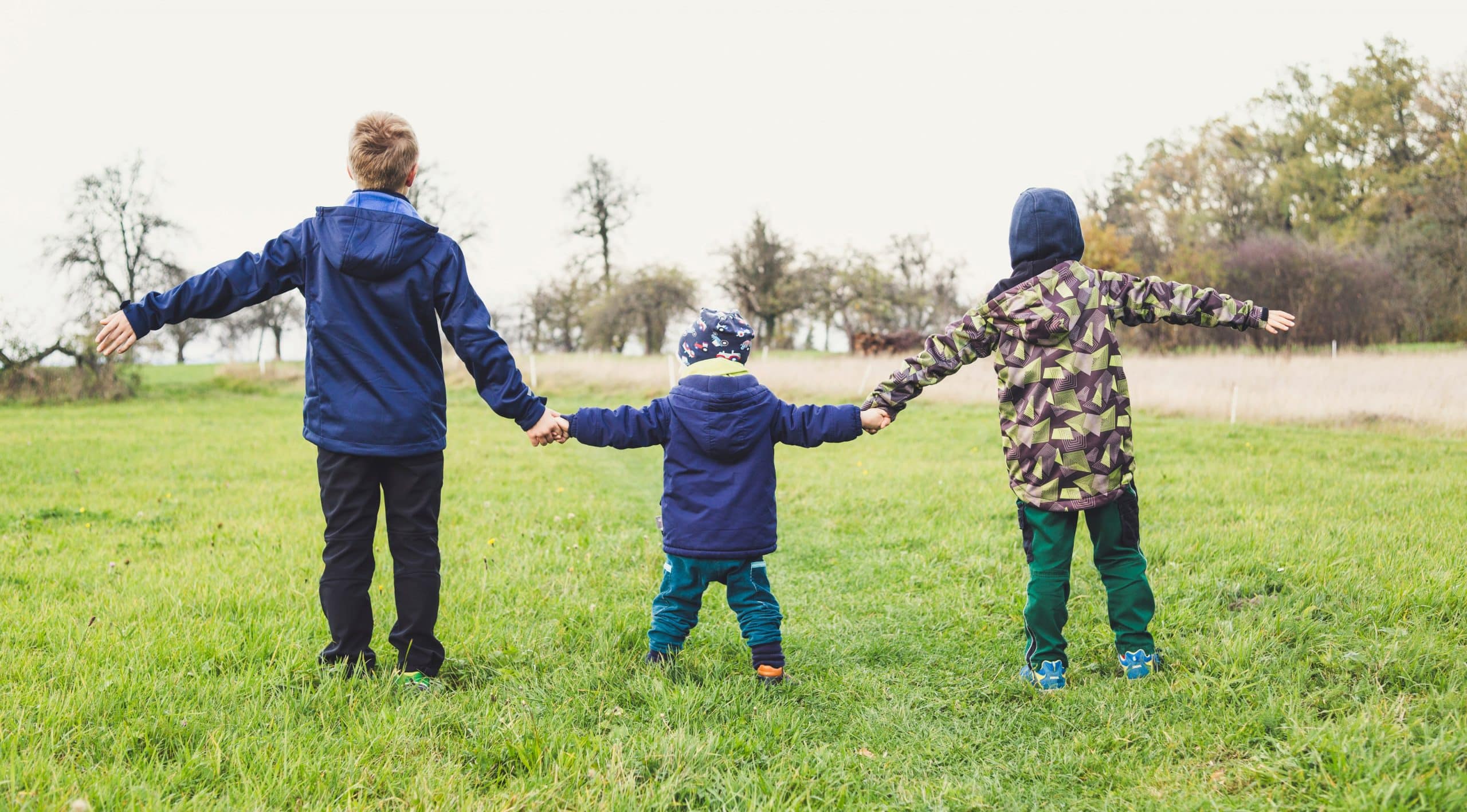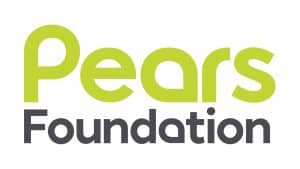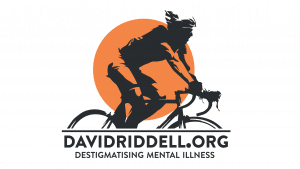Research suggests that 75% of the 5500 children adopted in the UK each year have significant mental health issues.
Children who are adopted are also almost twice as likely as those brought up with their biological parents to suffer from mood disorders like anxiety, depression, and behavioural issues.
Research has also found no improvement in children’s mental health four years after they were adopted. Adoption has ended the abuse and neglect but not the suffering. We clearly need to do something differently. But what?
Adoption trauma
For some, experiences of abuse and neglect can cause post-traumatic stress disorder – PTSD. This can make for more challenging adoptions. Adoption trauma due to loss of one’s birth mother is sometimes seen as PTSD but opinions differ.
I was adopted as a baby and told so young I can’t ever remember not knowing. But, when I was 40, I found out that my childhood teddy bear was a gift from my birth mother. This unleashed a barrage of highly charged negative feelings of being rejected and unloved. Such feelings are not uncommon and can occur at any age –some may call this adoption trauma.
Unravelling PTSD due to neglect/abuse and adoption trauma in one individual is almost impossible, but we need to understand the differences to develop better solutions for different groups.
What needs to change?
The world of trauma is a complex one. We need to address trauma not only to help those experiencing it, but to support all adopted children.
Most people see resilience as something that is built through adversity. It does. But not in the manner that most of us think. Lifting more weights, more often, makes us physically stronger. Mental and emotional resilience doesn’t work like that. Adversity makes us stronger by helping us see the strength we always had, we just hadn’t known we had it.
So, how can we promote positive mental health in children and young people so they can have happy and fulfilling lives?
We need better understanding of adoption amongst all the professionals around a child to help support better mental health. Whilst adoption is not a cure for trauma, providing consistent support can be the start of a brighter future.
Early access to support, even before an adoption placement begins, is also key. It is crucial that all children and young people have early access to the mental health support they need.
Finally, we need more adopters prepared to give these children the love and security they need to thrive. Because everyone should have the best possible start to life.
Simon Benn
About the author
Simon Benn is an adoptee who coaches adult adoptees so they can thrive. He also shows adopters how to make sure their children thrive too. You can find out more at www.simonbenn.co.uk and email him at simon@simonbenn.co.uk






